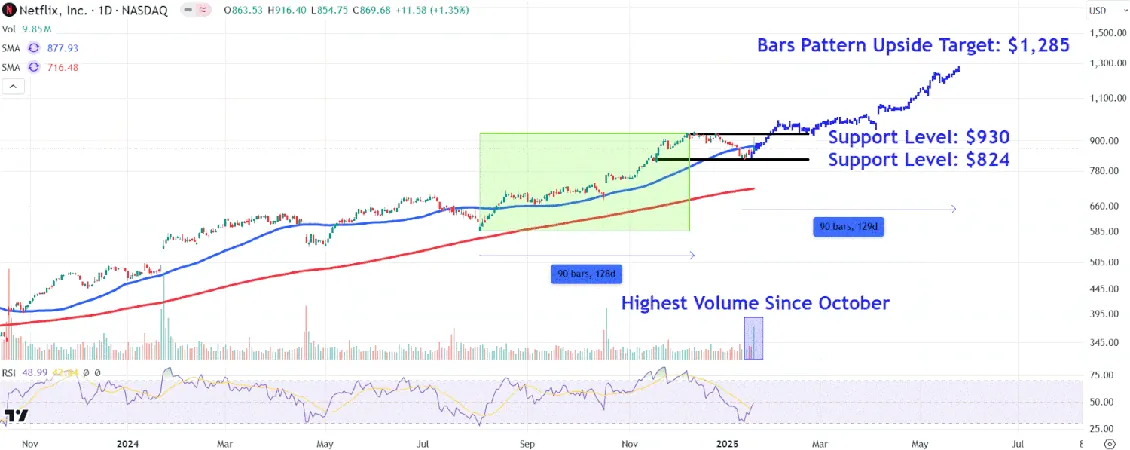
Groundbreaking Developments in Capital Markets Law: A Game-Changer for Investors in Taiwan and Hong Kong
2025-01-20
Author: Ming
Hong Kong's Capital Markets Taking Center Stage
In 2024, Hong Kong's capital markets have witnessed notable milestones. One of the most exciting events occurred on June 13, when QuantumPharm (XtalPi), an AI-focused drug discovery firm, made its impressive debut on the Main Board of the Hong Kong Stock Exchange (HKEx). This listing was historic as it marked the first successful application under the new chapter 18C listing rules, introduced in March 2023.
Just a few months later, on October 30, the Hong Kong-listed SPAC, HK Acquisition Corporation, completed a merger with Singaporean e-commerce firm Synagistics. This merger represented the first successful “de-SPAC” transaction in Hong Kong under the regulatory guidelines established in January 2022.
Moreover, the HKEx, in partnership with the Securities and Futures Commission (SFC), announced significant initiatives designed to enhance the regulatory framework for public listings. Introduced on October 18, 2024, these changes speed up the listing application process. Now, the regulatory assessment will be concluded within a maximum of 40 business days for new applications, with an expectation set that listing candidates will adequately address any feedback within 60 days.
For companies already listed on mainland A-shares, new applications to list on the HKEx will be fast-tracked under a revised timeframe of 30 business days if they satisfy specific criteria, promoting more efficient access to Hong Kong’s capital market.
In addition to streamlining its processes, the Hong Kong regulatory bodies are actively enhancing the attractiveness of its market. The introduction of a new moratorium period for treasury shares and reductions in minimum initial capitalisation for technology firms have significantly lowered barriers to entry, encouraging innovative companies to consider Hong Kong for their listings.
Taiwan's Flourishing Capital Markets Ecosystem
Taiwan is similarly witnessing a vibrant transformation in its capital markets. With a diverse array of fundraising options, including Taiwan Depositary Receipts (TDRs) and European Convertible Bonds (ECBs), both domestic and international issuers can tap into Taiwan’s financial ecosystem.
A highlight of Taiwan’s regulatory landscape is the establishment of the Taiwan Innovation Board (TIB) in 2021, aimed explicitly at assisting innovative startups by easing the traditional listing criteria, particularly the requirement for paid-in capital. The TIB currently has a market valuation exceeding TWD150 billion (USD4.6 billion) as of late 2023.
Recent regulatory reforms, set to be implemented in early 2025, will enhance accessibility for companies wishing to list on the TIB. With reductions in restrictions on qualified investors and adjustments to the trading mechanisms, the TIB is expected to broaden its investor base significantly—opening up opportunities to over 13 million participants.
The impending changes include eliminating restrictions that previously hindered individual and institutional investors, allowing for more dynamic trading environments. Moreover, enhanced oversight mechanisms will be introduced to ensure that innovative companies in emerging sectors can thrive while safeguarding investor interests.
The anticipated merger of regulatory easing for the TIB and the strategic enhancements to the overall capital markets framework positions Taiwan as a competitive player on the global stage, drawing more innovative enterprises and investors alike.
A Brighter Future Ahead
Looking forward, the capital markets in both Taiwan and Hong Kong appear set for resilience and growth. Regulatory enhancements, together with a pronounced investor appetite for cutting-edge sectors like AI, green energy, and advanced technology, are creating a robust environment for investment.
These advancements not only bolster the economic landscape of their respective regions, but they also solidify Taiwan and Hong Kong's standing as international financial centers. With a surge of investor confidence and regulatory support towards innovative companies, 2025 is poised to be a transformative year for capital markets in Asia.
As both regions continue to attract investment and support innovative growth, they are establishing themselves as vibrant hubs for creativity and entrepreneurial success in this dynamic global economy.



 Brasil (PT)
Brasil (PT)
 Canada (EN)
Canada (EN)
 Chile (ES)
Chile (ES)
 Česko (CS)
Česko (CS)
 대한민국 (KO)
대한민국 (KO)
 España (ES)
España (ES)
 France (FR)
France (FR)
 Hong Kong (EN)
Hong Kong (EN)
 Italia (IT)
Italia (IT)
 日本 (JA)
日本 (JA)
 Magyarország (HU)
Magyarország (HU)
 Norge (NO)
Norge (NO)
 Polska (PL)
Polska (PL)
 Schweiz (DE)
Schweiz (DE)
 Singapore (EN)
Singapore (EN)
 Sverige (SV)
Sverige (SV)
 Suomi (FI)
Suomi (FI)
 Türkiye (TR)
Türkiye (TR)